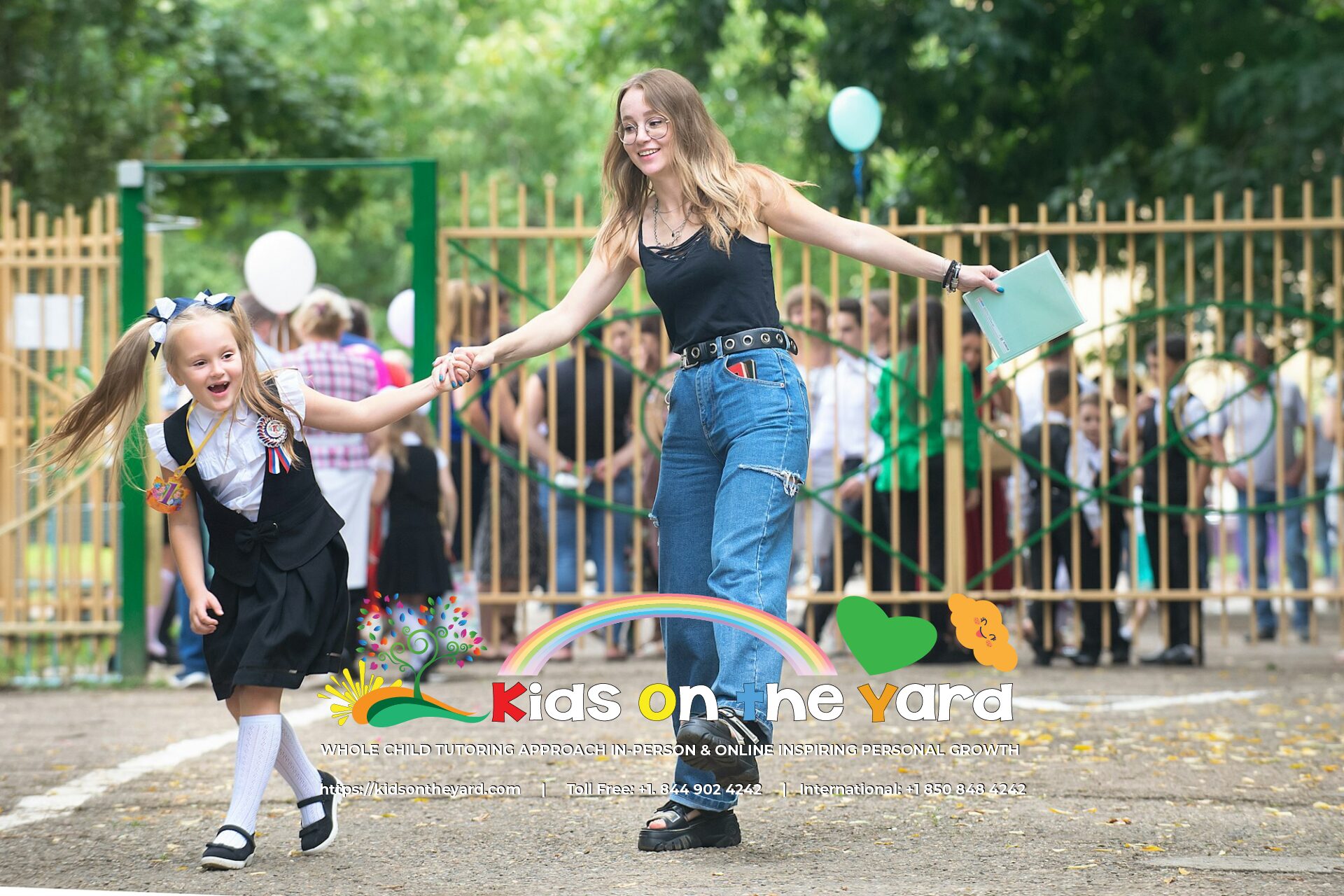|
Audio Article
|
First Grade Finale: Assessing Your Child’s Skills and Planning for Success
The end of first grade marks a significant milestone in your child’s academic journey. But how can you gauge their progress and ensure they’re ready for the challenges of second grade? Start by taking a close look at their report card and any assessments sent home by the teacher. These documents offer valuable insights into your child’s strengths and weaknesses across various subjects. Engage your child in conversations about their learning experiences, asking about their favorite subjects, what they found challenging, and how they feel about school overall. Observe them during homework time and while reading or playing educational games to assess their understanding and application of key skills.
By the end of first grade, most children should demonstrate proficiency in several key areas, including reading fluency and comprehension, basic writing skills with proper grammar and punctuation, fundamental math operations like addition and subtraction, and social-emotional skills like cooperation, communication, and problem-solving. If you find your child struggling in any of these areas, don’t worry – there’s still plenty of time to bridge the gap before second grade begins.
1st Grade Skills Checklist:
While specific expectations may vary depending on school systems, state standards, and individual curriculums, by the end of first grade, most children should demonstrate proficiency in the following core areas and potentially additional skills as required by their specific learning environment:
Reading:
- Read grade-level text with fluency and accuracy.
- Decode unfamiliar words using phonics skills.
- Understand basic story elements (characters, setting, plot).
- Ask and answer questions about the text.
Writing:
- Write simple sentences with correct punctuation.
- Use basic capitalization rules.
- Write short narratives with a beginning, middle, and end.
- Compose opinion pieces and informative texts.
Math:
- Add and subtract within 20.
- Understand place value concepts (tens and ones).
- Solve simple word problems.
- Identify and describe basic shapes.
- Measure length and weight.
Social-Emotional Learning:
- Follow classroom rules and routines.
- Work cooperatively with peers.
- Communicate effectively and express feelings appropriately.
- Demonstrate self-control and problem-solving skills.
Assessing Your Child’s Progress:
- Review report cards and assessments: These provide valuable insights into your child’s academic strengths and weaknesses.
- Talk to your child’s teacher: Schedule a meeting to discuss your child’s progress and any areas where additional support may be needed.
- Observe your child at home: Engage them in reading, writing, and math activities to gauge their understanding and skill level.
- Talk to your child: Ask them about their favorite subjects, what they find challenging, and how they feel about school.
Addressing Learning Gaps with Kids on the Yard:
- If you identify areas where your child needs additional support, consider these options:
- Kids on the Yard Tutoring: This service provides personalized, one-on-one tutoring tailored to your child’s specific needs.
- Summer Learning Programs: Explore local libraries, community centers, or online resources for engaging summer learning programs.
- Educational Apps and Games: Numerous apps and games can help your child practice key skills in a fun and interactive way.
Starting Strong in Second Grade:
Here are some tips to help your child prepare for a successful second-grade year:
- Maintain a consistent reading routine: Encourage daily reading practice to strengthen literacy skills.
- Engage in math activities at home: Incorporate math into everyday activities like cooking, shopping, and playing games.
- Foster a love of learning: Explore museums, libraries, and nature centers to spark curiosity and a desire to learn.
- Focus on social-emotional development: Encourage empathy, communication, and problem-solving skills through play and interaction with others.
By taking the time to assess your child’s progress and address any learning gaps, you can help them build a strong foundation for future academic success. Remember, Kids on the Yard and other resources are available to provide support and guidance throughout your child’s learning journey. Have a wonderful summer and a successful second-grade year!
Kids on the Yard: Tailored Support for Every Learner
Kids on the Yard tutoring service offers personalized support to address your child’s unique learning needs. Our experienced tutors work one-on-one with students, creating a customized learning plan based on thorough assessments and ongoing progress monitoring. We focus on building a strong foundation in core subjects while fostering a love of learning and boosting confidence.
Beyond Tutoring: Building a Comprehensive Intervention Program
Kids on the Yard goes beyond traditional tutoring by offering comprehensive assessments that delve deeper into your child’s learning style, strengths, and areas for improvement. These assessments help us identify any underlying learning challenges and create a targeted intervention program to address them effectively. Whether your child needs support with reading fluency, math comprehension, or executive functioning skills, Kids on the Yard is equipped to provide the individualized attention and resources they need to thrive.
As you prepare for the summer months, consider how Kids on the Yard can be your partner in ensuring your child starts second grade strong and confident. With our personalized approach and dedication to every child’s success, we can help your young learner reach their full potential.


